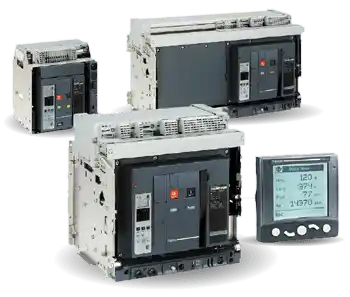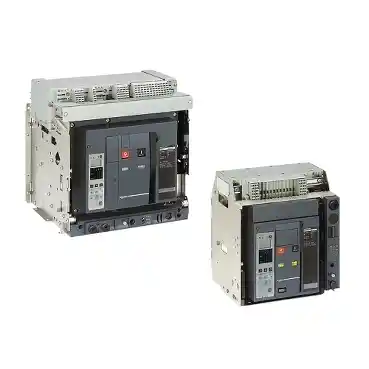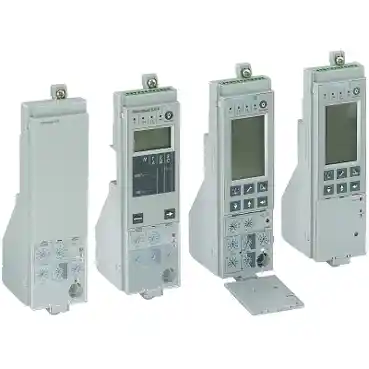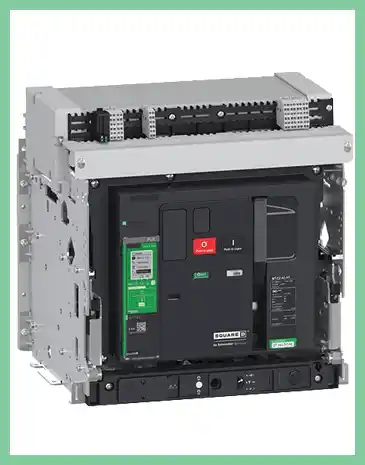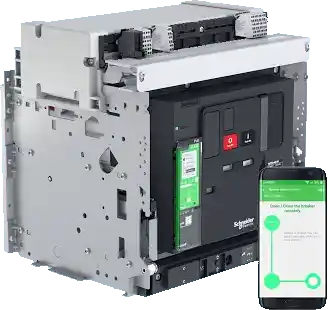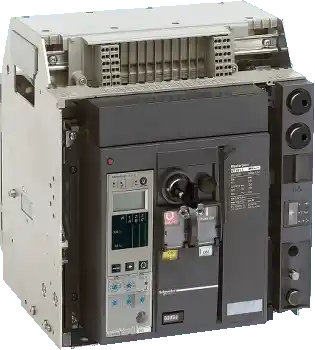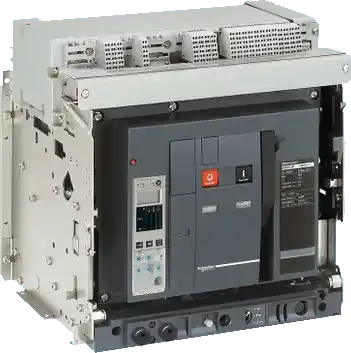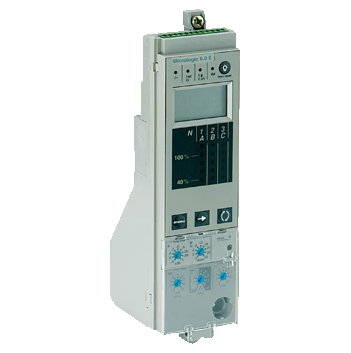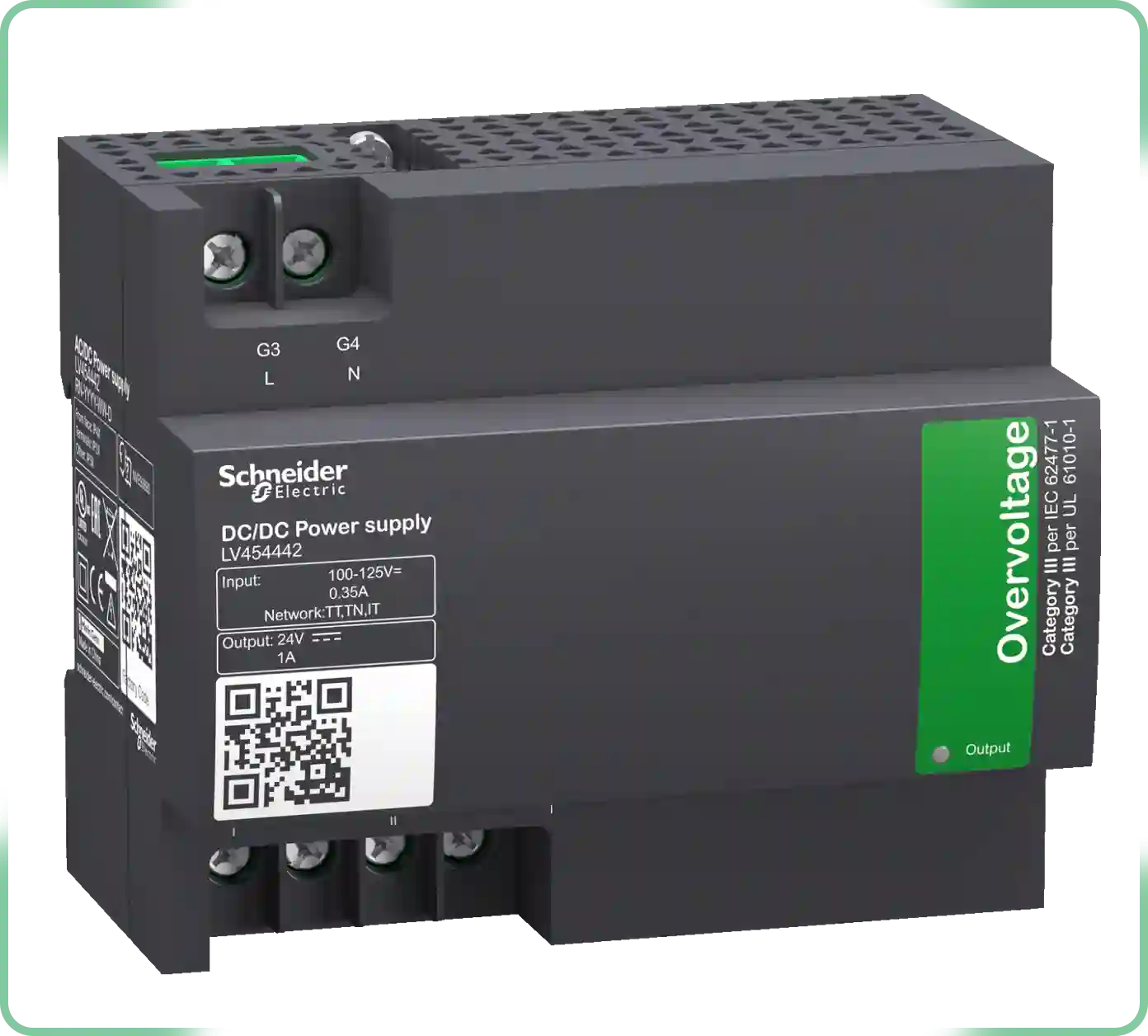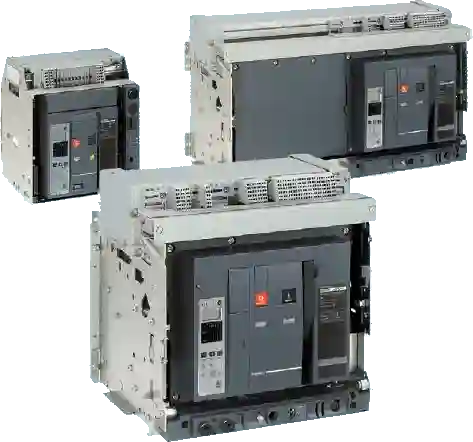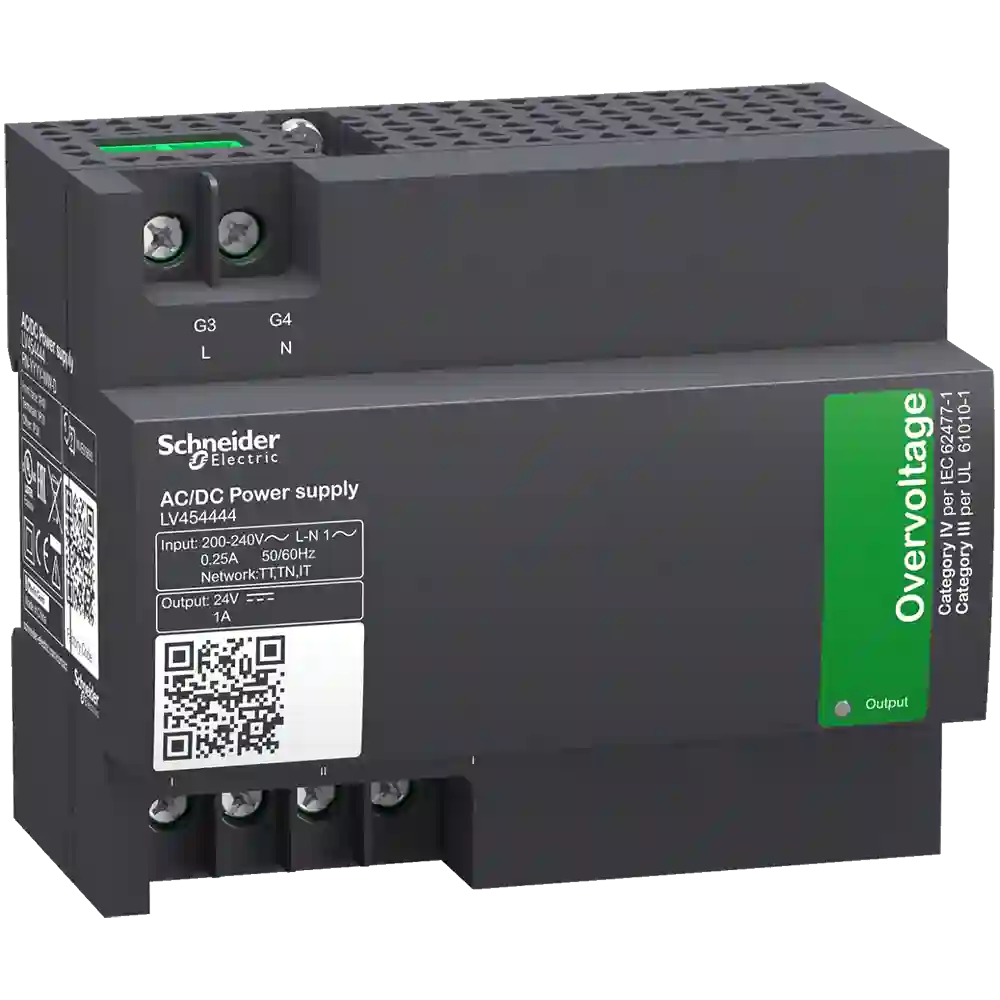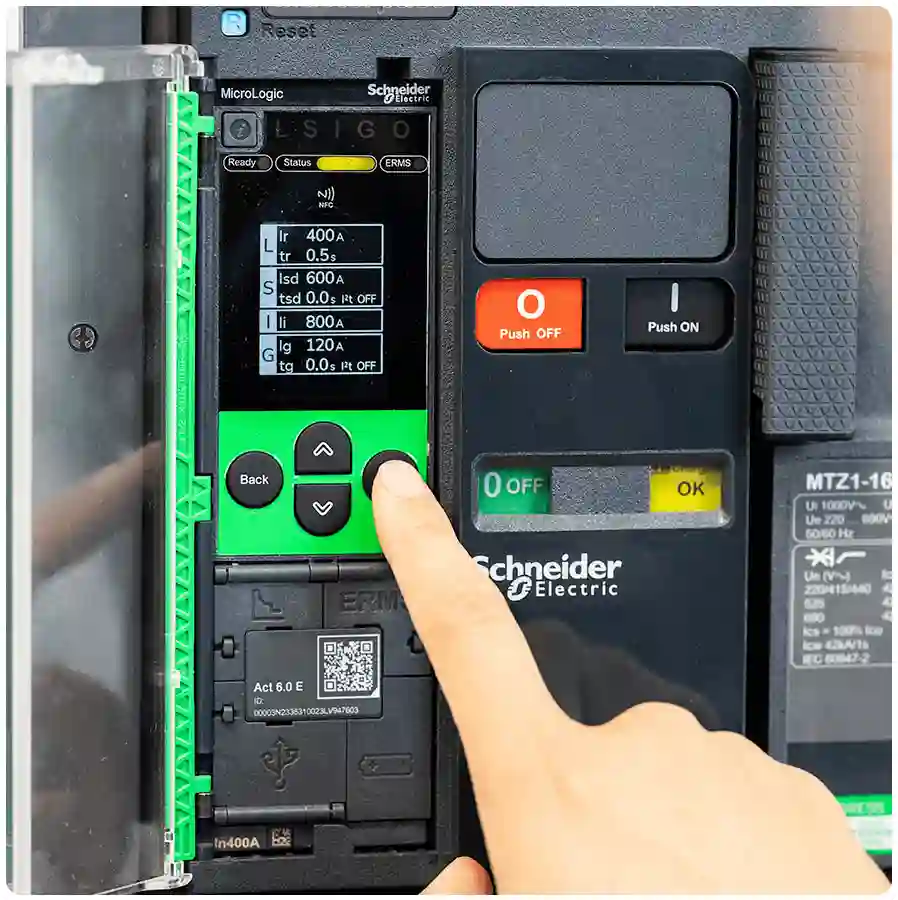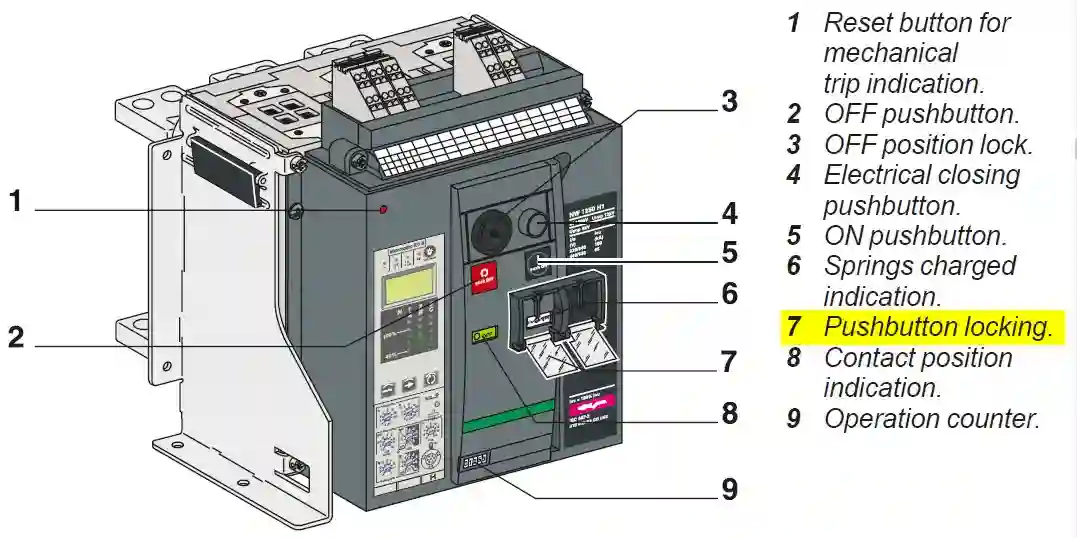Schneider ACB Control Wiring Diagram
Schneider Electric's Air Circuit Breakers (ACBs) are widely recognized for their robust design, high performance, and advanced features. A critical aspect of their application is the control wiring diagram, which ensures the proper operation and integration of the breaker into the electrical system.
The control wiring diagram serves as a blueprint for connecting the ACB to auxiliary circuits, control relays, and monitoring devices. It provides details about the configuration of critical functions such as opening and closing operations, trip signals, undervoltage protection, and communication interfaces. These diagrams are essential for ensuring safety, reliability, and ease of troubleshooting in complex installations.
Schneider Electric offers detailed control wiring diagrams for their ACB models, catering to diverse needs such as manual operation, automatic transfer schemes, and remote control setups. Whether you are configuring a Masterpact or ComPacT series ACB, accessing the correct wiring diagram is crucial for seamless integration and compliance with electrical standards.
For official documentation, including control wiring diagrams, user manuals, and technical guides, you can visit Schneider Electric's official website using the link below:
[Download Schneider ACB PDFs]
